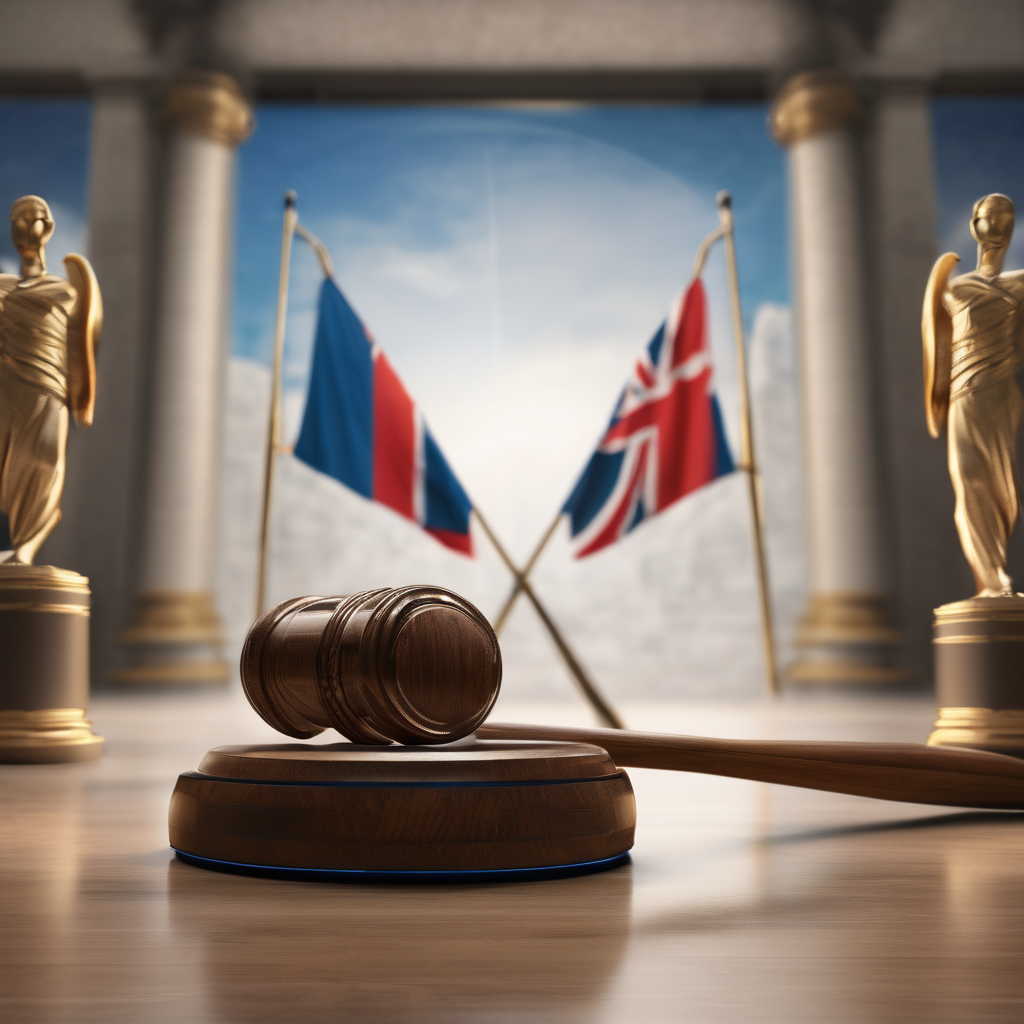Fiji is poised to establish a strategic partnership with Singapore aimed at advancing digital justice and reforming correctional practices. This move follows Fiji’s involvement in the World Intellectual Property Organization (WIPO) Regional Dialogue in Singapore, where the nation was inspired by Singapore’s technological innovations. Acting Attorney-General Siromi Turaga pointed out Singapore’s use of e-litigation platforms and AI-assisted tools that have significantly transformed justice delivery, making it faster, more affordable, and accessible. Fiji is eager to implement similar digital reforms tailored for its own justice system.
Additionally, Turaga expressed admiration for Singapore’s correctional system, which prioritizes rehabilitation through skills training and counseling. This model aligns with Fiji’s values of compassion and offering second chances, and it is seen as effective in breaking the cycle of reoffending. Fiji plans to adopt this approach to enhance its social framework.
Fiji is also interested in exploring the use of biometric technology for secure border controls. As the nation experiences growth in tourism and trade, implementing advanced digital security measures becomes crucial for safeguarding national security and enhancing economic efficiency.
This collaboration with Singapore is part of Fiji’s broader efforts to improve its judicial and legal frameworks, further demonstrated by its previous engagement with Japan. Earlier this year, Fiji signed a Memorandum of Cooperation with Japan, focusing on corrections reform, capacity development, and promoting justice inclusivity. These initiatives signify Fiji’s commitment to building international partnerships to develop robust and equitable legal systems that support regional stability.
By advancing these collaborative efforts, Fiji not only strengthens its own legal infrastructure but also sets an example for regional cooperation in justice reforms. Drawing from the successes of nations like Singapore and Japan, Fiji is on a path of modernization and inclusivity, with the goal of enhancing justice, governance, and human rights in the Pacific region.
